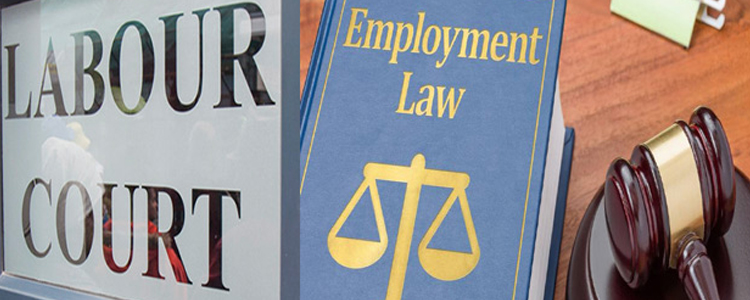Call Now
Call Now

The Labor Court is a specialized court that handles disputes related to employment and labor laws. It is designed to provide a forum for resolving disputes between employees and employers in a fair and efficient manner. The court has the authority to hear cases related to various aspects of employment, such as wages, hours, working conditions, and discrimination.
Here are some key features of the Labor Court:
Overall, the Labor Court plays an important role in resolving employment disputes and protecting the rights of both employees and employers. By providing a specialized forum for resolving labor disputes, the court can help to promote fair and equitable outcomes for all parties involved.